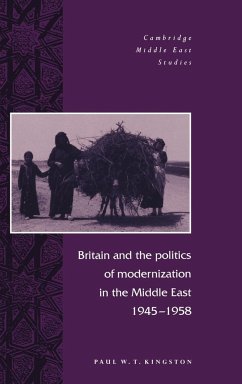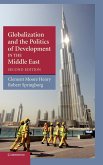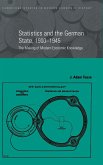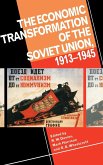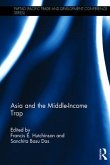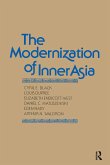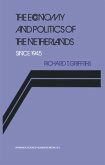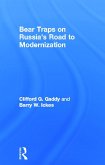In an historically informed critique of the theory and pratice of development assistance, Paul Kingston examines Britain's foreign aid programme in the Middle East in the 1940s and 1950s. After an initial assessment of the origins of what was dubbed the 'peasants, not pashas' policy - notably the link between development, sterling balances, and post-war imperial strategy - the author focuses on planning and policy debates in Iran, Iraq, and Jordan, between British development experts, their American rivals, and Middle Eastern technocrats. These debates, which centred on issues such as afforestation, irrigation, and rural credit, raise important questions about the nature and limits of the development process within the Middle East and the Third World more generally which the author explores in his analysis. These insights will be of interest to development practitioners and scholars in development studies, as well as to students of Middle East and imperial history.
Hinweis: Dieser Artikel kann nur an eine deutsche Lieferadresse ausgeliefert werden.
Hinweis: Dieser Artikel kann nur an eine deutsche Lieferadresse ausgeliefert werden.

